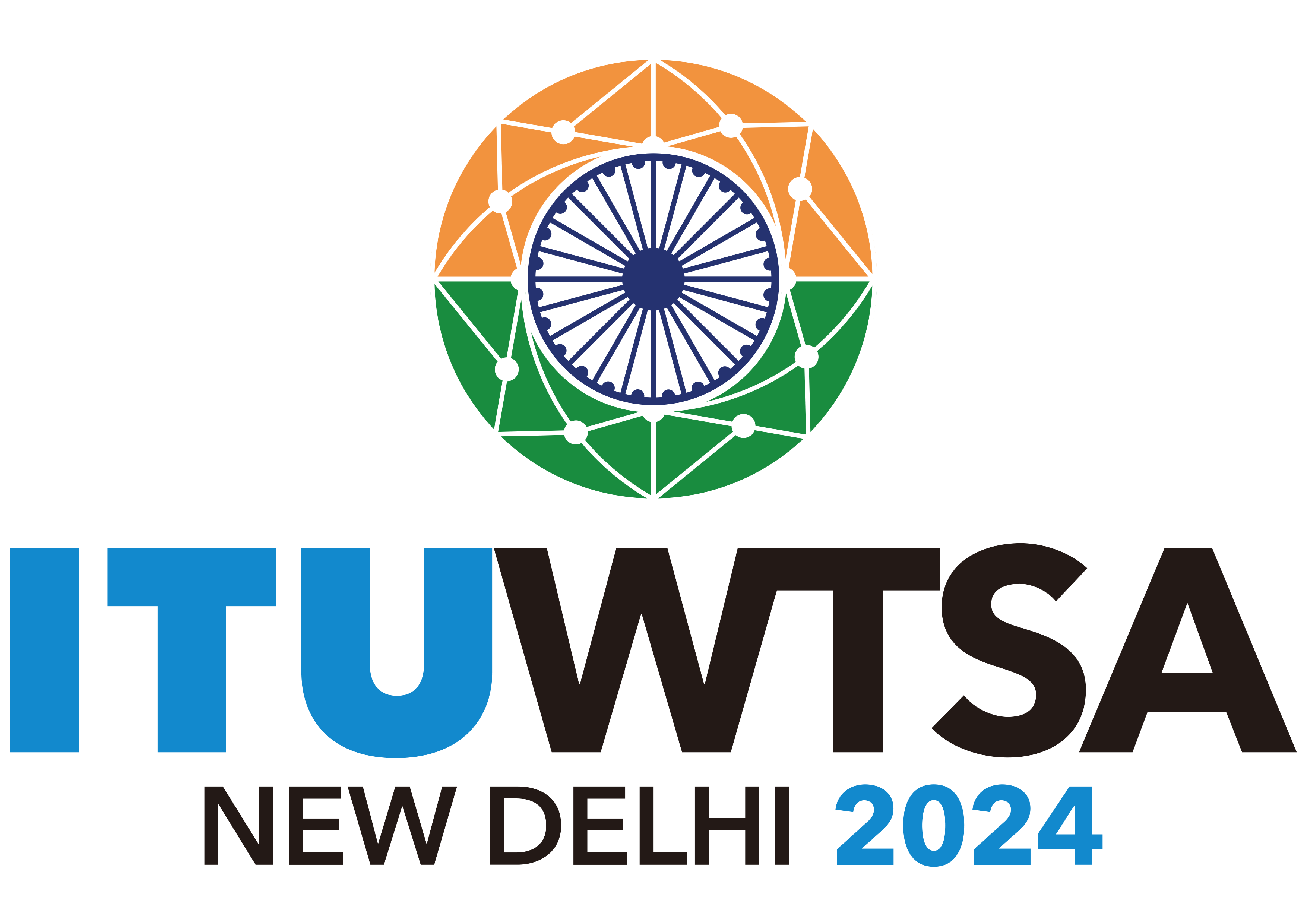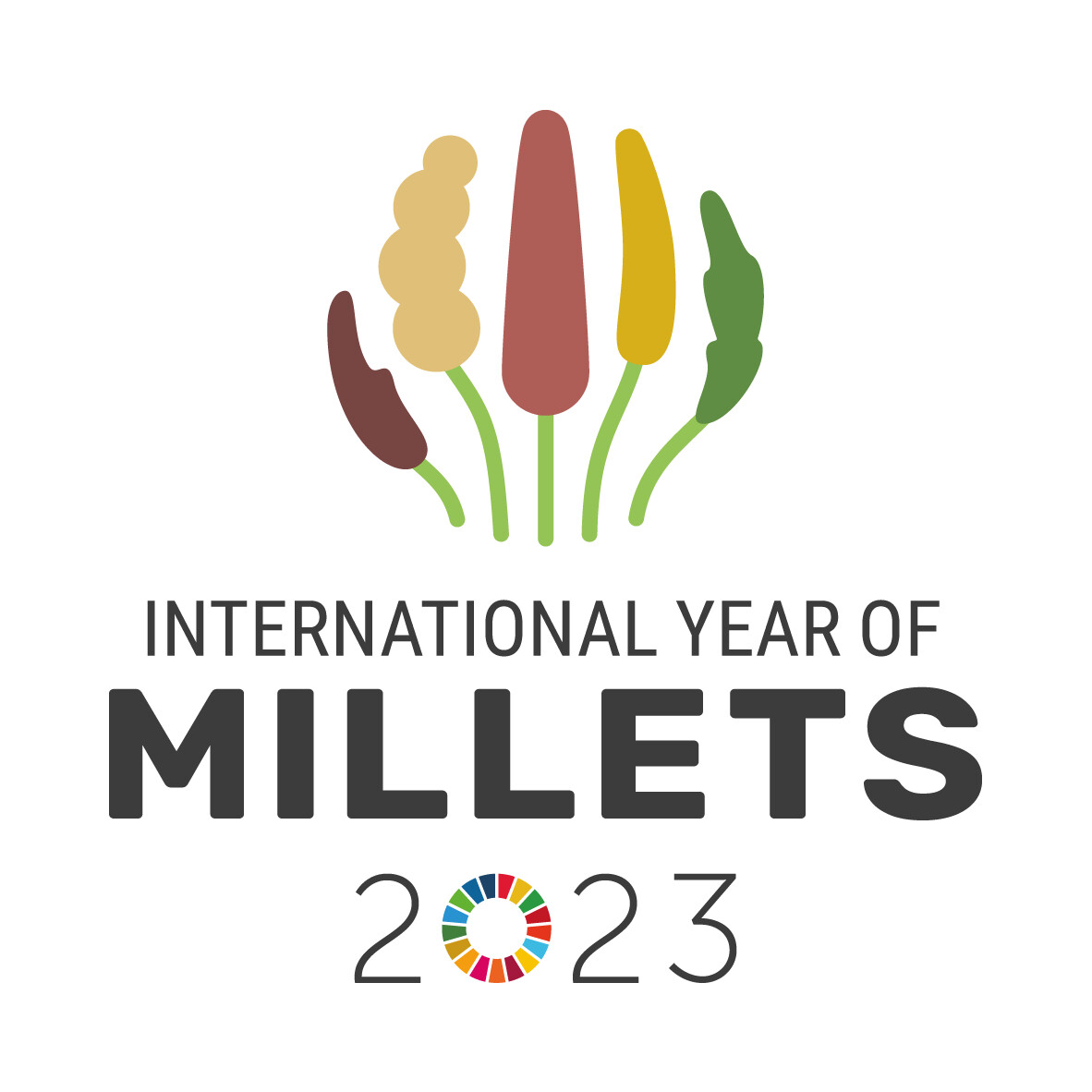RIGHT TO INFORMATION
The Right to Information under the provisions of the RTI Act is available to the citizens of India only. RTI Act is an important legislation designed to promote transparency and accountability in the functioning of public authorities.
The full text of the RTI Act is available on the weblink: https://rti.gov.in/RTI%20Act,%202005%20(Amended)-English%20Version.pdf
User Manual of Right To Information (RTI): Download
The RTI Act also provides for appeals by aggrieved persons to the Central Information Commission of the Government of India.
Indian citizens resident in Republic of Korea may seek information in writing on payment of requisite fee during office hours on working days as per procedure laid down in the RTI Act, 2005.
Contact details of officers for addressing applications under Right to Information Act, 2005:
Public Information Officer (PIO) :
Mr. Sharique Badr
First Secretary, Embassy of India, Seoul
E-mail: pol.seoul@mea.gov.in
Appellate Authority :
Mr. Nishi Kant Singh
Deputy Chief of Mission, Embassy of India, Seoul
E-mail: dcm.seoul@mea.gov.in
Applications seeking information under the RTI Act may be sent along with a fee in Korean Won, equivalent to INR 10/- (Indian Rupee ten only) in cheque or demand draft favouring Embassy of India, Seoul. The fee can also be paid online through e-Post Office Portal or through India Post website.
It may be noted that information provided under the Act is available to citizens of India only. Applications should be submitted along with documentary proof of Indian Citizenship (like copy of personal particulars pages of passport). More information is available at http://rti.gov.in. The mailing address is Embassy of India, Seoul, 101, Hannam Dong, Dokseodang-ro, Yongsan-gu, Seoul 04419.
As per section 6(1) (a) of the RTI Act, 2005, a person who desires to obtain information under the Act is required to submit the application to the Information Officer of the “concerned public authority”. Applicants are, therefore, advised to send their requests under the RTI Act to the Embassy only when the subject matter can reasonably be presumed to pertain to the Embassy. While section 6 (3) provides for the transfer of an application by a receiving PIO to another [concerned] PIO, this is clearly meant to cover situations where the application is addressed to a PIO on the assumption that it has been directed to the concerned PIO. Where the information required obviously does not pertain to the Embassy, the application may be addressed to the concerned PIO directly.
Payment of RTI fee online - Electronic Indian Postal Order (eIPO)
The scheme of Electronic Indian Postal Order (eIPO) has been launched by the Department of Posts, Ministry of Communications and Information Technology, in association with Department of Personnel and Training (DoPT). This would enable the Indian citizens abroad to pay the RTI fee online.
An Indian Postal Order can be purchased electronically by paying a fee on-line through e-Post Office Portal or through India Post website. The web-links for payment are:
The Credit Card or Debit Card of any bank powered by Visa/ Master can be used for this purpose.
Procedure
The RTI applicant is required to register on the website to create his/ her profile. Then he has to select the Ministry/ Department from whom he desires to seek information under the RTI Act. The eIPO is generated which can be used to seek information from that Ministry/ Department only. A printout of the eIPO is required to be attached with the RTI application sent in hard copy. In case RTI application is filed electronically, the eIPO is enclosed as an attachment. The profile is required to be created during the first time only.
The RTI application accompanied by an eIPO is similar in all respects to the RTI application accompanied by fees through any other approved mode. All the provisions regarding eligibility, time limit, exemptions etc; as provided in the RTI Act, 2005 continue to apply.
Currently, this facility is available only for Indian Citizens living anywhere other than in India. By this measure, those living abroad would be facilitated to seek information under the RTI Act, 2005. Any public authority which accepts a postal order should also accept an eIPO.
Extension of IPO Facility to Indians citizens residing in India
The Department of Posts has extended the “eIPO” (electronic Indian Postal Order) service to Indian citizens residing in India also w.e.f. 13.02.2014, for purchasing Indian Postal Order electronically by paying a fee online through e-Post Office Portal i.e www.epostoffice.gov.in. It can also be accessed through India Post website www.indiapost.gov.in
This facility has been provided for Indian citizens to facilitate them to seek information from the Central Public information Officers (CPIOs) under the RTI Act, 2005. Debit or Credit Cards of any Bank powered by Visa/ Master can be used to purchase e-IPO.
The user needs to get registered at the website. Then select the Ministry/ Department from which information is sought under the RTI Act and the eIPO so generated can be used to seek the information from that Ministry/Department only. A printout of the eIPO is required to be attached with the RTI application. If the RTI application is being filed electronically, eIPO is required to be attached as an attachment.
This facility is only for purchasing an Indian Postal Order electronically. All the requirements for filling an RTI application as well as other provisions regarding eligibility, time limit, exemptions etc. will continue to apply.
An eIPO so generated must be used only once with an RTI application.
---













